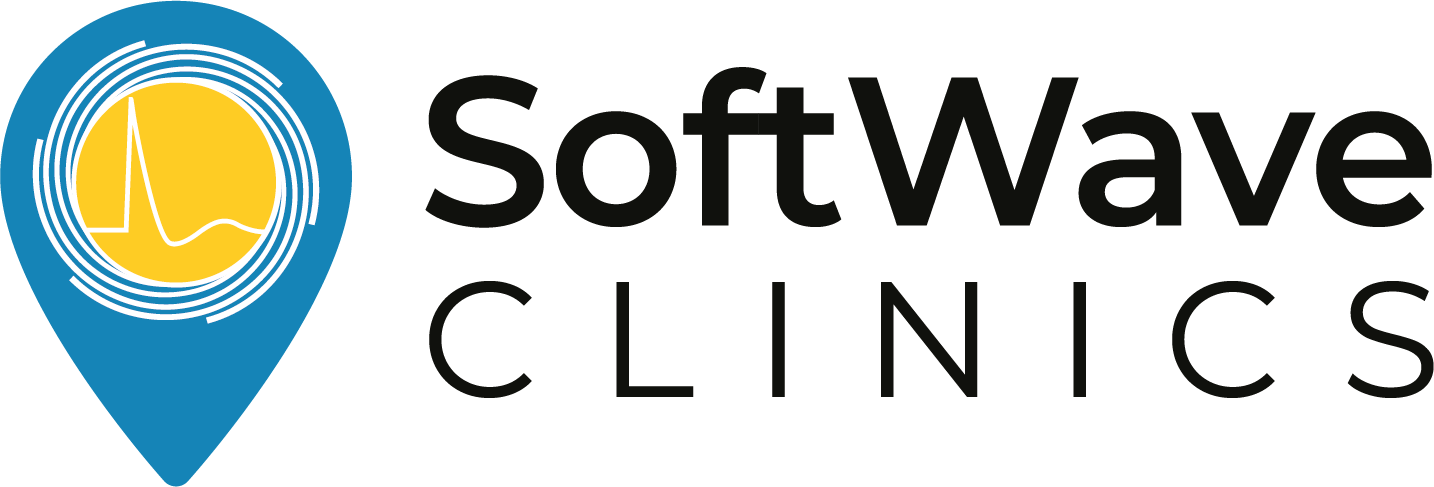Investigating Molecular Mechanisms of Cardiac Shockwave Treatment
Title: Elucidating the molecular mechanisms underlying cardiac shock wave therapy
Authors: Dorota Szwarc, Christiane Fuchs, Michaela Purtscher, Dominik Runzler
Researchers Dorota Szwarc, Christiane Fuchs, Michaela Purtscher, and Dominik Runzler conducted a study to explore the molecular mechanisms underlying cardiac shockwave therapy (SWT). While effective therapy strategies for coronary heart disease exist, new alternative methods are being sought to further improve outcomes.
The study utilized 3D models of murine embryonic cells (ESCs) and cardiovascular progenitor cells (CVPCs). The cells were exposed to SWT using a Dermagold100 device, and intracellular signaling and cardiac lineage differentiation were evaluated through Western blotting and quantitative PCR (qPCR) analyses, respectively.
The results demonstrated a dose-dependent activation of the ERK1/2 signaling pathway immediately after SWT in both cell types. However, no noticeable effects were observed on the mTOR and PI3K pathways within 6 hours post-SWT. In ESCs, SWT led to increased expression of the mesodermal marker Brachyury and the early cardiac marker Nkx2.5, indicating enhanced differentiation towards the cardiac lineage. Conversely, the impact of SWT on CVPCs was less apparent.
The study aims to provide a scientific basis for implementing SWT as a therapeutic approach for individuals who have suffered from myocardial infarction. The findings confirm that the mechanical stimulus delivered by SWT triggers intracellular signaling in cells, potentially influencing the transcription of specific genes. However, further research is needed to determine the optimal treatment regimens and understand additional mechanisms involved in heart cell regeneration.
Overall, cardiac SWT shows promise in promoting the regeneration of postischemic myocardium by enhancing the differentiation of circulating cells.
